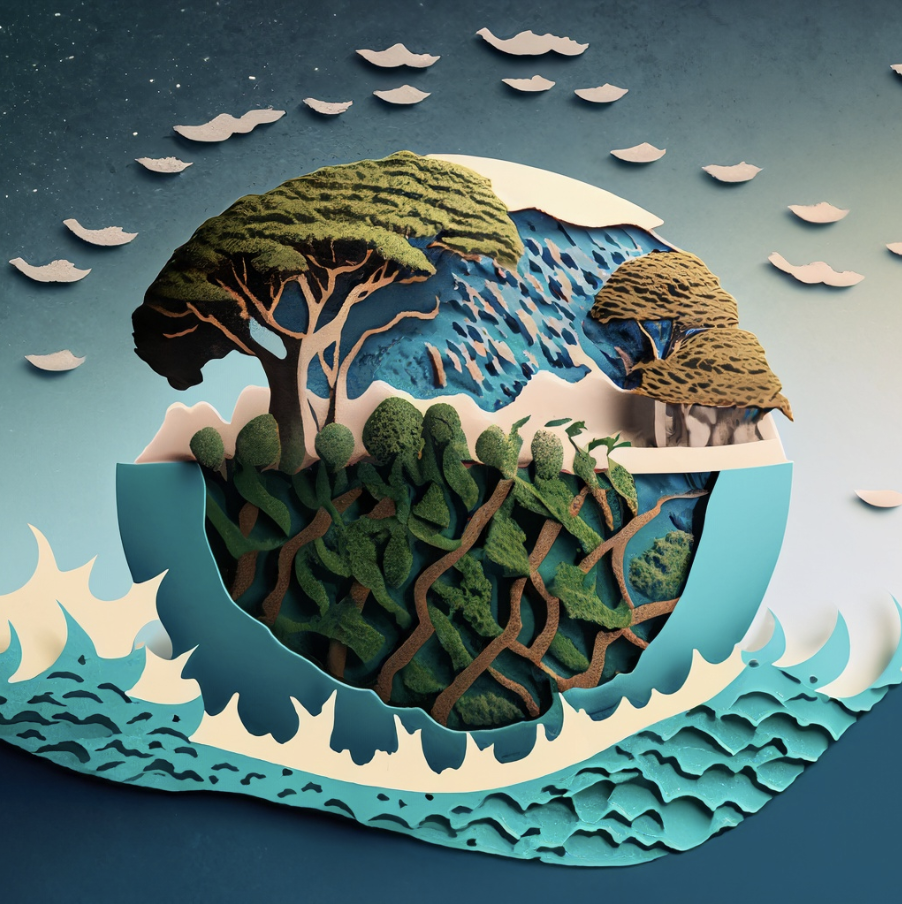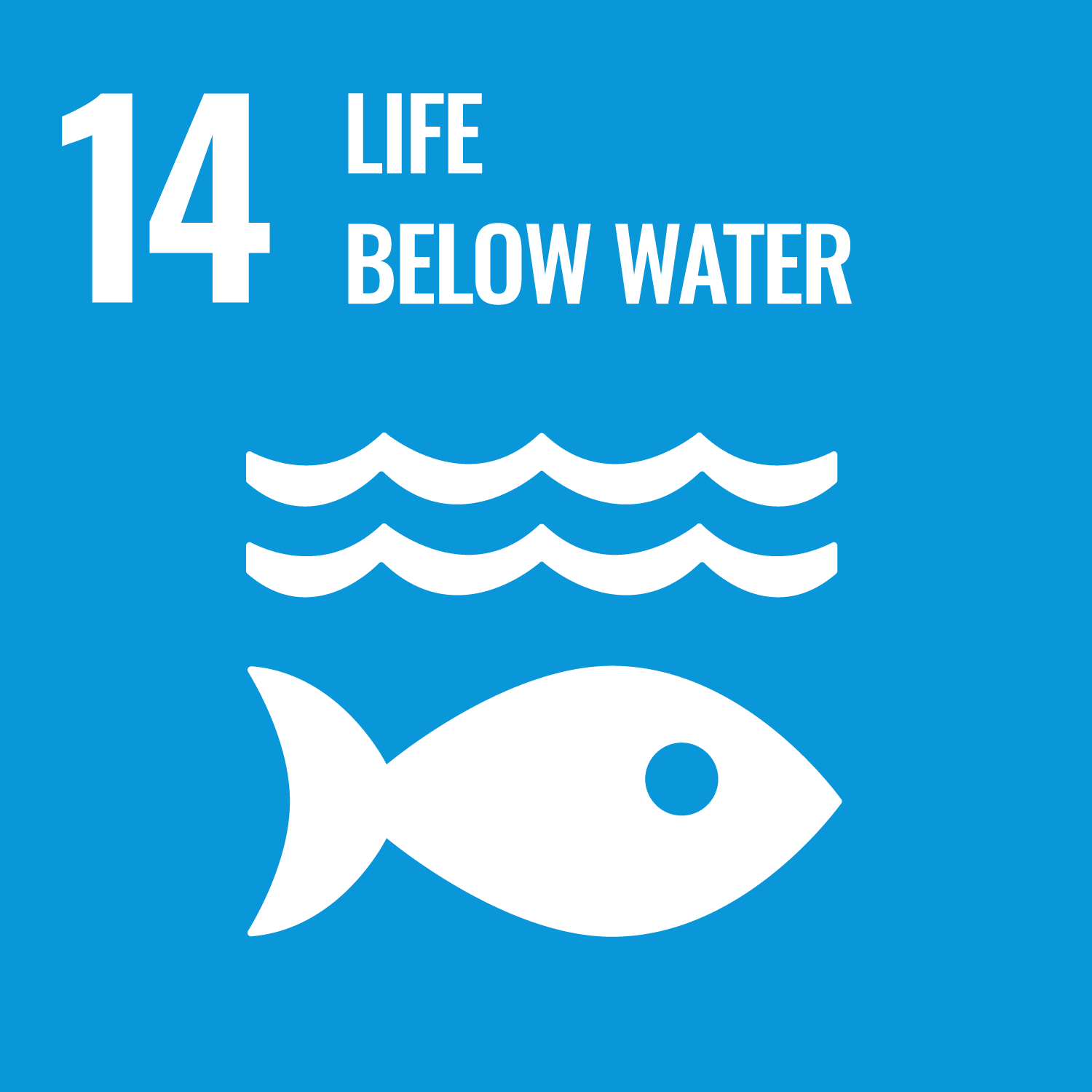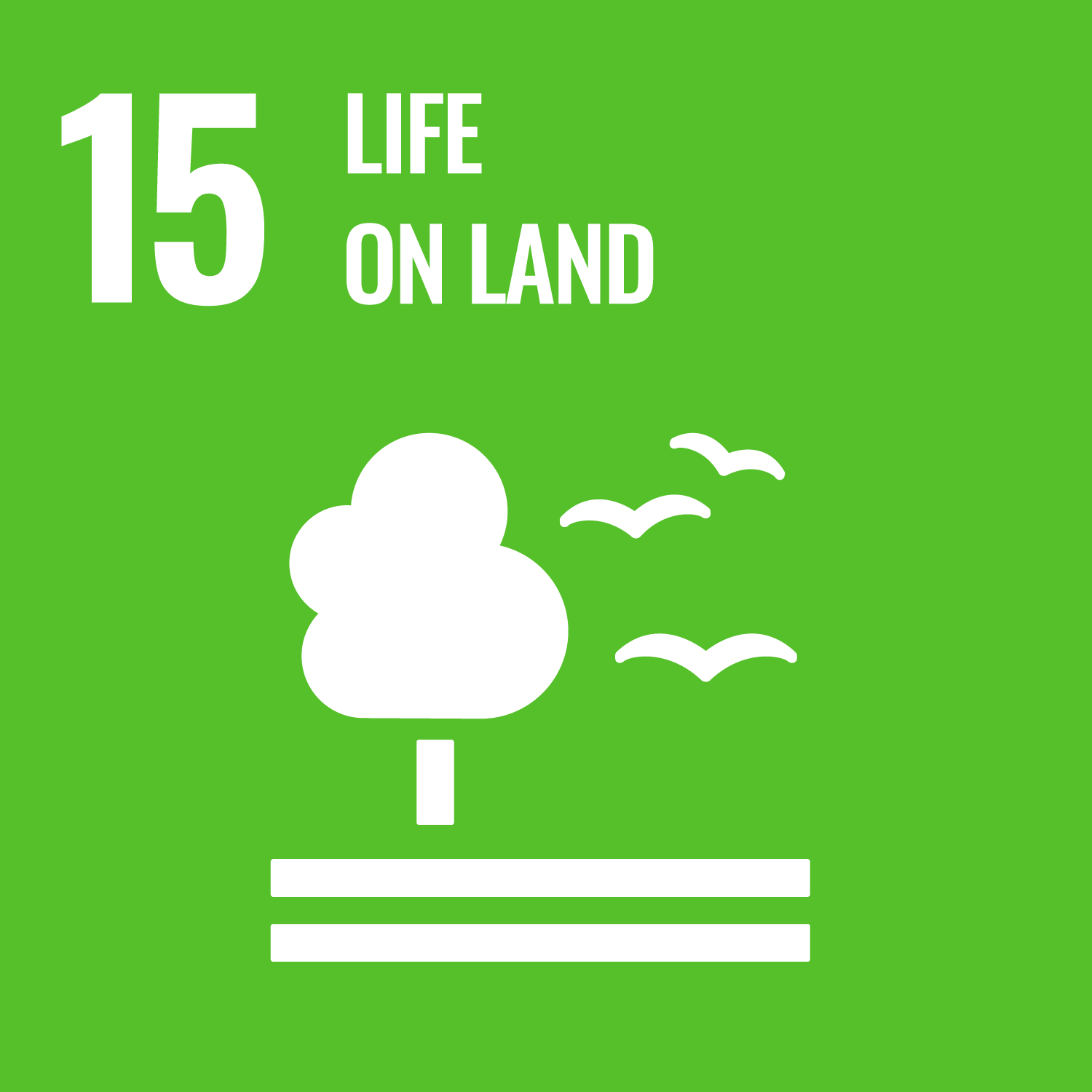MSc Ocean Science, Conservation & Innovation

BLUECO1 lays the groundwork for students with minimal life science backgrounds to understand and manage marine environments effectively. It introduces oceanography, covering oceanic history, modern techniques, and geological and physico-chemical principles, alongside ecological concepts starting with terrestrial ecosystems. A refresher on fundamental biological concepts is available for those in need.
program: Blue Managers
code name: BLUECO1
Blue Manager specialization: all
Blue Manager credits: 6 ECTS
semester: Fall (semester 1)
UN Sustainable Development Goals:


LEARNING OUTCOMES
Students should
- describe the major ocean basins, understand their structure and formation, and appreciate the historical context of oceanic discoveries.
- identify the different types of marine sediments and understand their origins and implications for paleo-oceanography.
- comprehend the chemical properties of seawater, including the sources and sinks of its main chemical components.
- explain the effects of lunar and solar influences on tides, and understand the basics of ocean circulation including surface and deep currents.
- grasp concepts of natural selection, genetic variation
- understand patterns and causes of extinction
- distinguish group vs. individual selection, and implications for behavior in ecological contexts.
- analyze population growth models and understand concepts like ecological health and carrying capacity.
- evaluate ecological interactions such as competition and mutualism
- understand concepts of ecological efficiency in energy transfer.
- describe processes like ecological succession and its impact on ecosystems.
- recognize methods to quantify biodiversity and understand fundamental conservation strategies, including the theory of island biogeography and habitat fragmentation.
- Optional Module on Biological Discovery
Foundational Biology: For students opting for this module, outcomes should include an understanding of basic biological concepts including cell structure, genetic mechanisms, and the classification of life forms.
TOPICS
- Introduction to Oceanography
- Approaching the Sea
- The Ocean, What is Oceanography
- History of Discoveries, Positioning
- Geological Oceanography
- Ocean Basins, Structure & Formation
- Marine Sediments
- Physico-chemical Oceanography
- Marine Chemistry
- Tides
- Ocean Circulation
- Approaching the Sea
- General Ecology
- Evolution & Behavioral Ecology
- Evolution, Natural Selection, & Genetics:
- Extinctions
- Group vs. Individual Selections
- Population Ecology
- Population Dynamics & Resources
- Ecological Efficiency
- Species Interactions
- Reproductive Strategies
- Community Ecology
- Changing Population through Time
- Biodiversity
- Conservation
- Evolution & Behavioral Ecology
- Biological Discovery (optional)
- What is life?
- Cell biology
- Genetics
- Diversity and classification
TEACHING STRATEGY
- Online teachings: video capsules, practical activities, checkpoints
- Face-to-face "office hours"
ASSESSMENT
- 4 mid-term exams



















